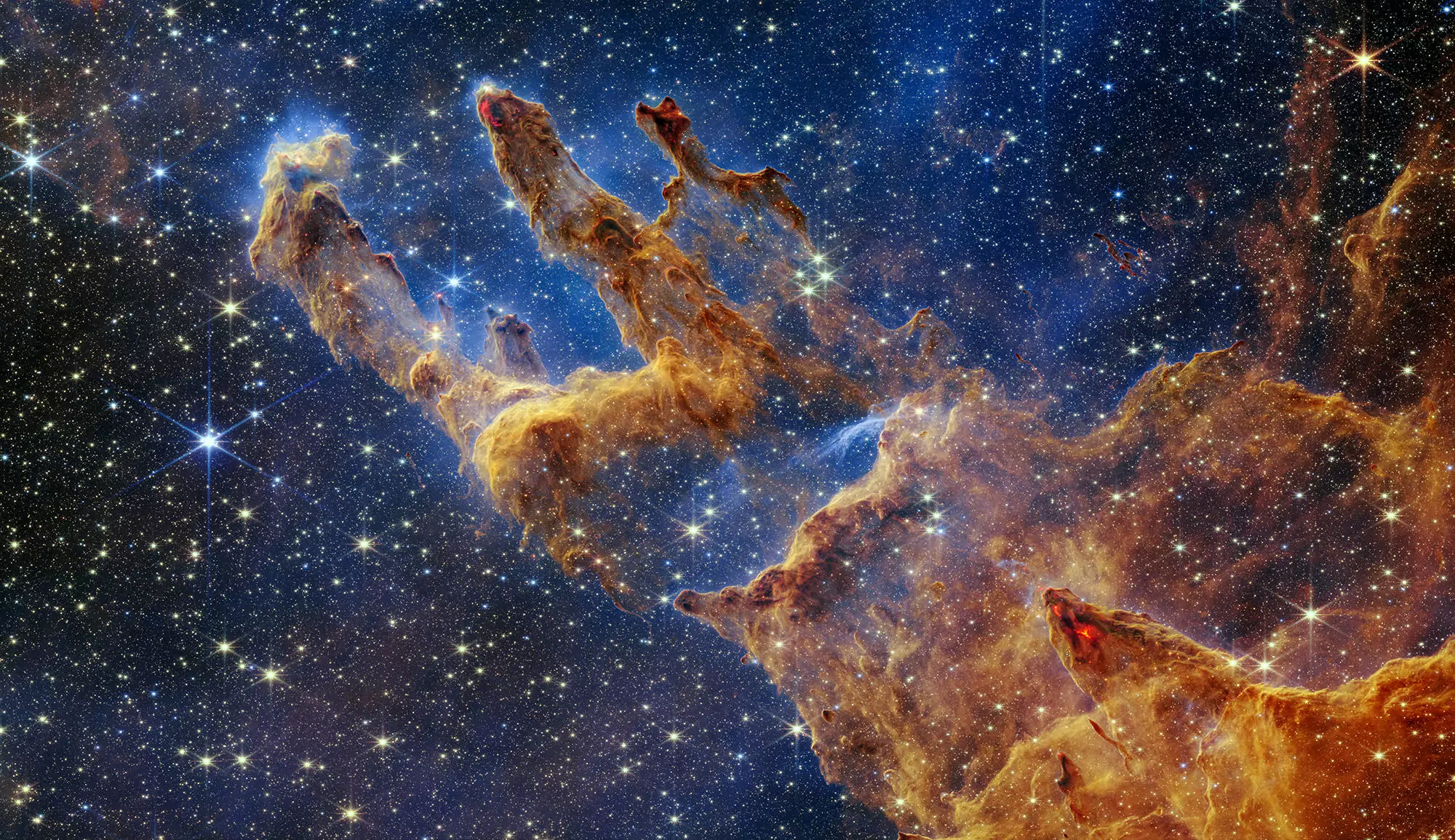NGC 4013 is a late type edge-on spiral lying in constellation Ursa Major about 55 million light-years away, previously considered a prototypical isolated disk galaxy similar to Milky Way. However, conversely to the Milky Way, NGC 4013 has one of the largest radio HI warps ever observed ; a giant loop-like stellar stream, box-shaped outer “stellar halo”, as well as massive extended stellar halo component and thick disk. Previous studies have tried to explain these features by several, independent mechanisms.
However, according to a recent study, these peculiar features are exclusive indications that this bulge-less spiral is created by a gigantic merger of two galaxies with similar size, occurred at relative recently time, 2.7 to 4.6 Gyr ago. Based on the state-of-the-art numerical simulation with a few hundred thousand to 2 million particles, five scientists from National Astronomical Observatories, Chinese Academy of Sciences (NAOC), and the Paris Observatory, CNRS, demonstrate how this spiral and all these peculiar properties are created altogether after this collision.
It is now thought that half spirals could have been shaped by such gigantic collision during the past 9 Gyr, and NGC 4013 could be the archetype of a late-type galaxy formed by a relatively recent collision. It could be an example on how were the Milky Way and the Andromeda galaxy, 8 and 3 billion years ago, respectively.
Computations were done using the special supercomputer at the High Performance Computing Center at National Astronomical Observatories, Chinese Academy of Sciences. The smoothed particle hydrodynamical Tree-SPH code GADGET-2 is a free software to which has been implemented a full description of star formation, gas cooling, and feedback process.
Collaboration
Researchers of this collaboration belong to the Laboratoire Galaxies, Étoiles, Physique et Instrumentation GEPI (Observatoire de Paris / CNRS / Université Paris Diderot), and the National Astronomical Observatories, Chinese Academy of Sciences .They all work in the frame of the Laboratoire international associé « Origines », which has been founded in 2008, October 22nd at Beijing.
Scientific Team
Authors are : Jianling Wang, François Hammer, Mathieu Puech, Yanbin Yang and Hector Flores.
Reference
“The NGC 4013 tale : a pseudo-bulged, late-type spiral shaped by a major merger”, published online August 6, 2015 in Monthly Notices of the Royal Astronomical Society

